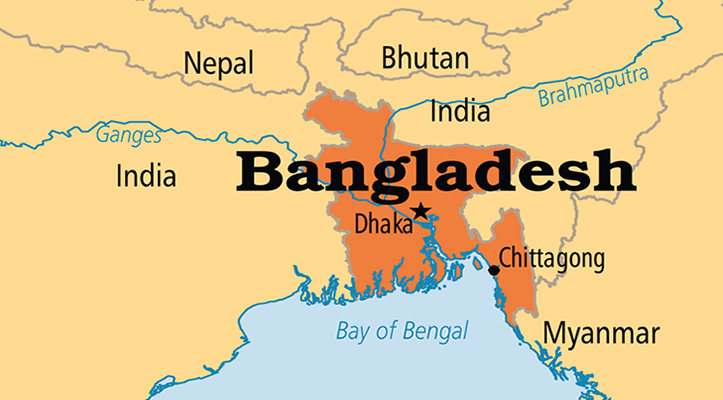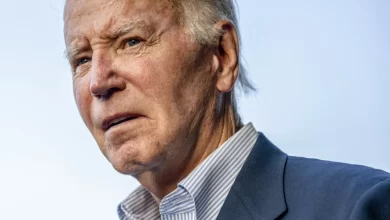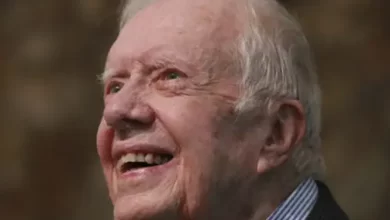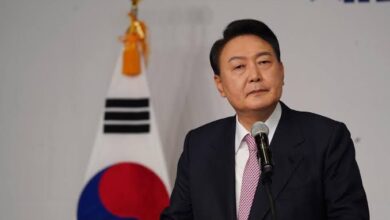Bangladesh’s Interim Leader Yunus Targets Late 2025 Or Early 2026 For General Elections

Bangladesh’s interim leader, Muhammad Yunus, announced on Monday that the nation’s general elections could take place by late 2025 or the first half of 2026. Yunus, an 84-year-old Nobel Peace Prize laureate and microfinance pioneer, has been leading a caretaker government following a student-led uprising in August that ousted former Prime Minister Sheikh Hasina.
Yunus, appointed as the country’s “chief adviser,” is tasked with the formidable challenge of rebuilding democratic institutions in the South Asian nation of over 170 million people. Speaking in a televised address, he said election dates would be contingent on agreements between political parties and the progress of crucial electoral reforms.
Reforms and Election Timeline
Yunus emphasized that significant reforms must precede elections to ensure a credible democratic process. These include updating the voter registry, a complex task involving the removal of false entries and registering millions of first-time voters in the rapidly expanding youth population.
“Election dates could be fixed by the end of 2025 or the first half of 2026,” Yunus said. “If political parties agree to minimum reforms, such as having a flawless voter list, elections could be held as early as November next year.”
He stressed the importance of ensuring voter participation, expressing his ambition to achieve 100% voter turnout.
“If this can be achieved, no government will ever dare to strip citizens of their voting rights again,” he said.
A Tumultuous Backdrop
Yunus’s caretaker government was established following the downfall of Hasina’s administration, which faced widespread criticism for its autocratic tendencies. The former leader, who fled to India during the uprising, had ruled for 15 years amid accusations of human rights abuses, politicized institutions, and election rigging.
The revolution that toppled her government came at a high cost, with hundreds killed in the weeks leading up to her removal, largely due to police violence. Scores more were killed in the immediate aftermath, as reprisal attacks targeted members of her Awami League party.
Bangladesh’s last general election in January, which saw Hasina’s contested victory, was widely denounced as neither free nor fair. It was boycotted by opposition parties, whose members faced mass arrests and repression under her rule.
Challenges Ahead
Yunus acknowledged the difficulty of his task, describing the state of Bangladesh’s democratic institutions as “extremely tough” to navigate. He has launched commissions to oversee reforms, aiming to create a transparent and inclusive electoral process.
Former opposition groups, such as the Bangladesh Nationalist Party (BNP), are now attempting to rebuild after years of repression under Hasina’s government. Yunus’s administration has been under pressure to deliver a clear election timeline, with both domestic and international stakeholders watching closely.
As Bangladesh moves forward, Yunus’s leadership will be pivotal in restoring public trust in its democratic processes and setting the stage for a peaceful transfer of power. The path to elections, however, remains fraught with challenges, underscoring the need for cooperation among all political factions.



